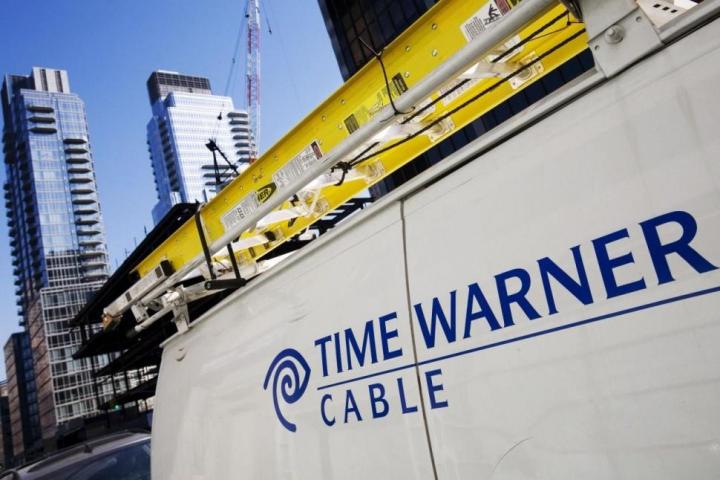
In a letter to Tom Rutledge, the president and CEO of Charter Communications (the company that recently bought TWC), Attorney General Eric Schneiderman said: “In advertisement after advertisement, Time Warner Cable promised a ‘blazing fast,’ ‘super-reliable’ Internet connection. Yet, it appears that the company has been failing to take adequate or necessary steps to keep pace with the demand of Time Warner Cable customers.”
But now that Charter has acquired TWC and rebranded the service as Spectrum, Schneiderman (and New Yorkers everywhere), are hoping for some serious improvements. “We write now to underscore our hope and expectation that this announcement reflects more than mere branding — and signals your intent to substantially improve the reliability, performance, and speed of the Internet delivered to customers, as well as how Time Warner Cable markets its services,” the Attorney General noted.
The letter comes following the abysmal results of a New York investigation into the internet giant, in which officials determined that TWC “gave customers far slower Internet speeds than advertised, resulting in movies freezing, websites loading endlessly, and games becoming non-responsive.”
But Charter seems determined to make the necessary changes to assuage our fears.
“As we progress with the integration of Time Warner Cable and Bright House Networks, we will continue to [offer high-quality service], bringing all TWC and BHN systems all-digital so that Charter can provide its advanced Spectrum products and services, bringing greater value and more consumer-friendly policies, such as minimum speeds of 60 Mbps, no data caps, no usage-based billing, and no modem lease fees, to all our customers,” Charter said in a statement.
So hang in there, New York. Your endless calls to Time Warner complaining of yet another outage may finally be on their way out.


